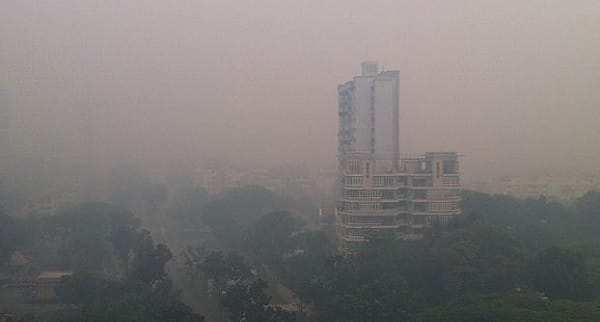Singapore was besieged by haze measuring PSI 400 about a year ago. The fact that we are enjoying clear skies right now is no guarantee that another severe haze episode will not happen anytime soon.
The fact remains that hotspots are a common occurrence in Indonesia. Fires can be deliberate or accidental. Small fires have the potential to get out of control under extreme dry conditions. Experts have warned about El Nino in the months ahead. Under the current wind conditions, Singapore is in the path of any haze from Sumatra, which accounts for the largest share of palm oil plantations in Indonesia. The palm oil sector has been seen as one that contributes to forest fires, along with the pulp and paper sector.
Singapore is more prepared this year to tackle any imminent haze. Information kits and N95 face masks have been issued, and the government has started giving daily haze updates to the public. Other defensive measures include Singapore offering haze assistance to Indonesia and Malaysia. Aircraft are committed to transport fire fighters and execute cloud seeding operations. Satellite information is also shared to help with ground monitoring efforts. The assistance, however modest, is a good signal that Singapore would like to play a constructive role in helping the region prevent another haze crisis. Haze disrupts livelihoods and economic activities; it is also the locals in Indonesian towns that suffer the most.
Within the palm oil industry, positive developments suggest that companies recognise the greater need to act responsibly on the ground. For the first time, the industry has made some concession maps public to improve ground-monitoring efforts. Using the Global Forest Watch, an online system developed by the World Resources Institute, information such as hotspots and concession ownership data is now available. Over time, this should help to nudge companies to be more mindful of fires happening in their plantations, and take appropriate measures to prevent or contain fires.
Despite the haze-free conditions now, Singapore must not allow complacency to set in. The focus should still be to stop haze using concerted efforts involving multi-stakeholders, along with effective governance. The private agro-forestry sector and the local governments remain the key to resolving difficult issues on the ground. The Haze Bill that Singapore will pass shortly should motivate companies to pay greater attention to fire risks in their operations.
However, to eradicate the haze, Singapore cannot do it alone. The commitments from regional governments such as Indonesia are crucial. Until Indonesia agrees to ratify the ASEAN Transboundary Haze Agreement, coupled with the will to implement the ASEAN Haze Monitoring System, haze will remain a blemish in this region.
Photo: SpLoT, Wikimedia Commons




